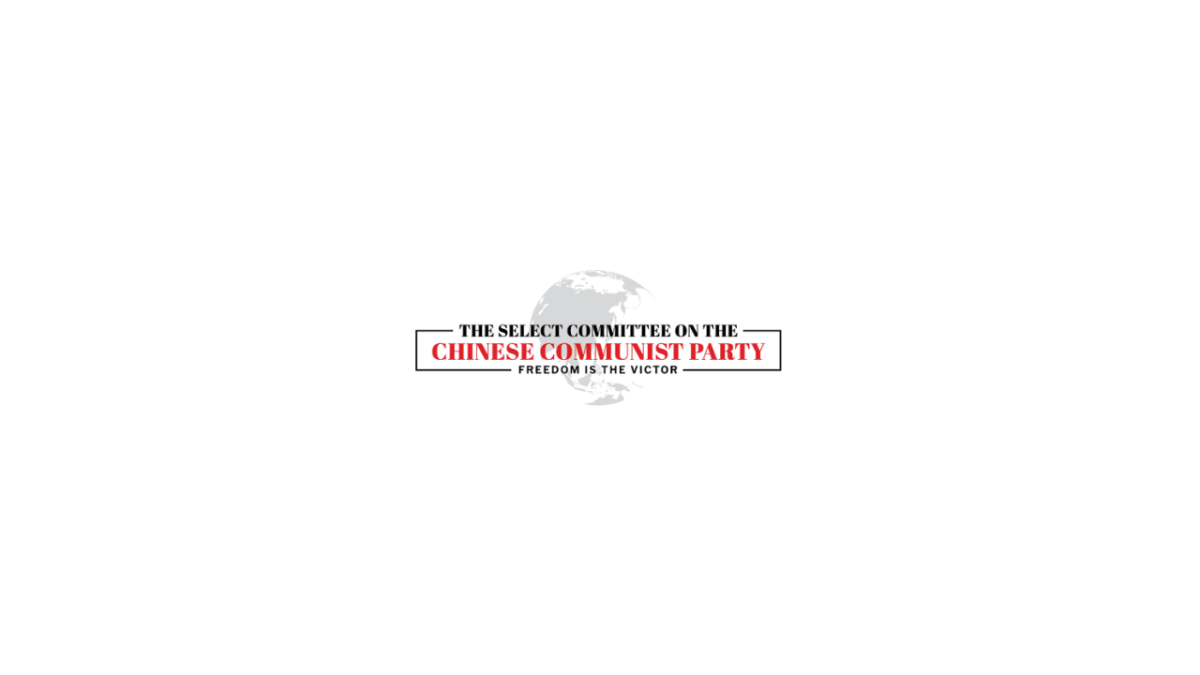House China Committee Urges Commerce Department to Expand AI Safety Institute’s Role in Countering China’s AI Threat

WASHINGTON, D.C. – Chairman John Moolenaar (R-MI) and Ranking Member Raja Krishnamoorthi (D-IL) of the House Select Committee on the Strategic Competition Between the United States and the Chinese Communist Party (CCP) are urging the Department of Commerce to expand the role of the U.S. AI Safety Institute (AISI) to directly confront the mounting national security threat posed by China’s artificial intelligence advancements.
In a letter to Commerce Secretary Howard Lutnick, the lawmakers emphasized that “there is a strong national security need for better understanding, predicting, and preparing for the PRC’s AI progress.”
They pointed to the January 2025 launch of DeepSeek’s large language model, R1, as a wake-up call. The Committee’s investigation of DeepSeek revealed “multiple national security risks, including the funneling of Americans’ private data to the PRC, manipulation of the model’s outputs pursuant to PRC law, and the potential theft of U.S. AI technology through model distillation.”
As AI systems become more capable, the lawmakers warned, “the need to predict and prepare for PRC AI developments—and to avoid strategic surprise—will only grow more urgent,” said Chairman Moolenaar and Ranking Member Krishnamoorthi.
The Committee called on AISI to expand its mission to include a specific focus on PRC AI development, noting that “a whole-of-government approach will be needed to ensure enduring U.S. dominance in frontier AI development.”
They also highlighted AISI’s “unique technical expertise, strong partnerships with industry, and experience in testing and evaluations” as assets in the U.S. effort to stay ahead of the CCP.
Moolenaar and Krishnamoorthi outlined specific areas where AISI could contribute to U.S. national security, including:
- Assessing the national security capabilities and vulnerabilities of the most advanced PRC AI models.
- Benchmarking and evaluating PRC models relative to U.S. models to assess the competitive landscape.
- Supporting industry efforts to prevent PRC theft of AI technology.
- Preparing strategies to respond to potential developments in the U.S.-PRC AI competition.
The lawmakers closed the letter stating: “We look forward to engaging with the AI Safety Institute to better understand its ongoing work and resourcing needs on these topics.”
You can read the full letter here.
###